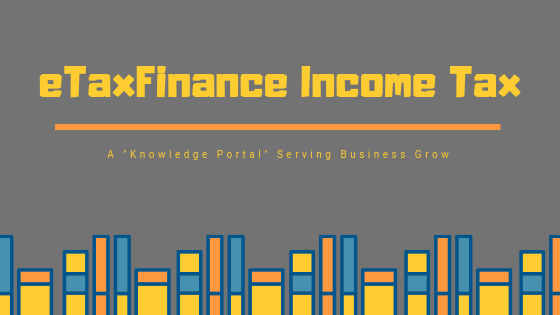Section 80CCD of the Income Tax Act, 1961 allows Income Tax deductions towards the notified pension schemes from the Central Government that is also known as New Pension scheme(NPS).
Income Tax Act, 1961 provides various tax deductions under Chapter VI-A for contribution to pension plans. Such deductions are available u/s 80CCD.
What is National Pension Scheme (NPS)?
National Pension Scheme is a savings scheme promoted by the Government of India. NPS is a scheme designed to secure the financial future of individuals after retirement. NPS is mandatory to the central government employees whereas for the others it is voluntary. All citizens of India between the ages of 18 and 60 years can contribute to NPS on a voluntary basis. An NRI can also contribute to NPS.
Under NPS, individuals are provided with an option to open NPS I and NPS II:-
i) To be eligible for Income Tax deduction under the NPS Tier 1 Account, one must contribute a minimum of Rs. 6,000 per annum or Rs. 500 per month.
ii) To be eligible for Income Tax deduction under the NPS Tier 2 Account, one must contribute a minimum of Rs. 2,000 per annum or Rs. 250 per month.
At the age of 60, you can withdraw up to 60% of the proceeds in a lump sum and the rest 40% must be converted to annuity plan. It allows partial withdrawals of up to 25% on specific situations based on the reason behind the withdrawal.
Section 80CCD comprises of two sections:
i) Section 80CCD (1)
Who is eligible for claiming tax deductions under Section 80 CCD (1)?
Section 80CCD is related to the contribution made by the individual towards the NPS. Provisions under this section apply to individuals irrespective of whether they are government employee, private employee or self-employed. These provisions are also applicable to NRIs. HUF (Hindu Undivided Families) are not eligible to claim tax deductions under Section 80CCD.
Maximum deduction allowed:
Below are the tax benefits available under Section 80CCD (1):
i) The maximum tax deductions allowed is Rs. 1.5 lakh. This limit is inclusive of Section 80C limit.
ii) In case of salaried individual, the maximum deduction cannot exceed 10% of his/her annual salary (Basic + Dearness Allowance).
iii) In case of non-salaried individuals, the maximum deduction cannot exceed 10% of the gross total income for the particular financial year. However, this is applicable only for the financial year 2016-17 as the limit is increased to 20% from the financial year 2017-18 onwards.
ii) Section 80CCD (2)
Who is eligible for claiming tax deductions under Section 80 CCD (2)?
Section 80 CCD (2) come into effect when an employer is contributing to the NPS of an employee. The contributions towards NPS can be made by an employer in addition to those made towards PPF and EPF. Deductions under this section can be availed only by salaried employees and not self-employed. The employed are eligible for deductions over and above the limit as per Section 80CCD (1).
Maximum deduction allowed:
Section 80CCD (2) allows salaried individuals to claim deductions up to 10% of their salary which includes the basic pay and dearness allowance or is equal to the contributions made by the employer towards the NPS.
For more details contact out team at +91-7991109093 or drop email us at [email protected]
Note: This Post was last updated on January 23, 2023
Disclaimer: The entire contents of this document have been prepared on the basis of relevant provisions and as per the information existing at the time of the preparation i.e. January 23, 2023. Although care has been taken to ensure the accuracy, completeness and reliability of the information provided, We assume no responsibility therefore. Users of this information are expected to refer to the relevant existing provisions of applicable Laws. The user of the information agrees that the information is not a professional advice and is subject to change without notice. We assume no responsibility for the consequences of use of such information. IN NO EVENT SHALL WE SHALL BE LIABLE FOR ANY DIRECT, INDIRECT, SPECIAL OR INCIDENTAL DAMAGE RESULTING FROM, ARISING OUT OF OR IN CONNECTION WITH THE USE OF THE INFORMATION.


